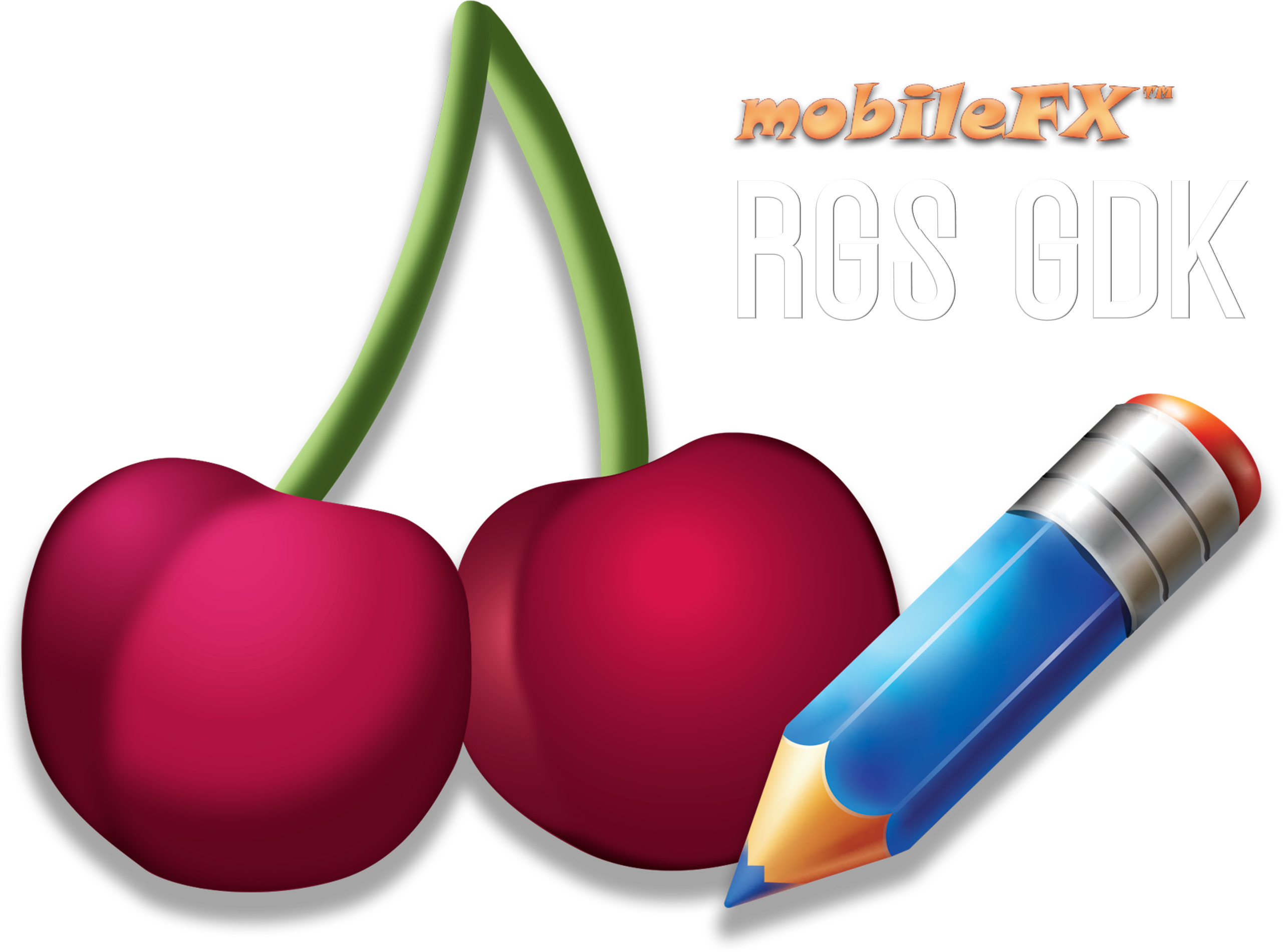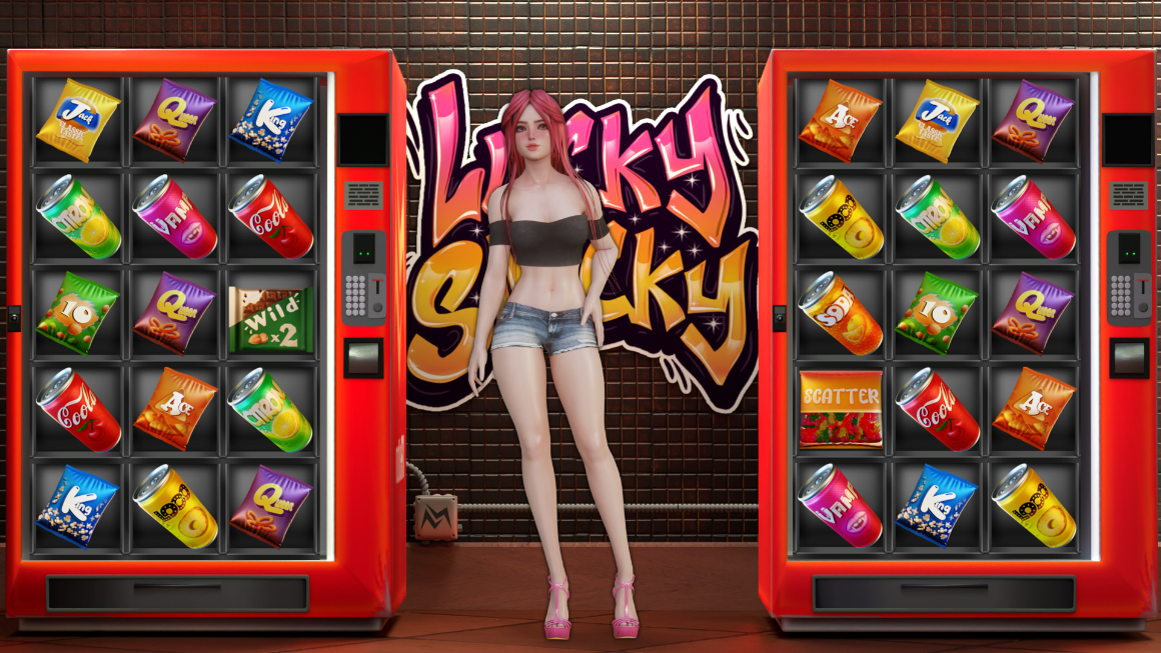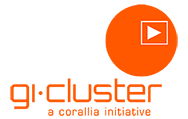Targeted at game developers and operators, our platform includes essential services such as RGS (Remote Gaming Server), Web interfaces, RNG (Random Number Generator), Wallet services, and powerful analytical tools like Graylog and Elastic Search:
RGS (Remote Gaming Server): At the heart of our platform, the RGS is a powerhouse for deploying and managing your casino games. It's designed to deliver a high-quality gaming experience, with robust support for slot mechanics, seamless API integrations for game launches, and comprehensive game logic functionalities. The RGS ensures that your games are not only engaging but also meet industry standards for fairness and transparency.
-
Web Server: Our platform's web services are tailored to host Unity WebGL/WebAssembly games. Leveraging Brotli compression, we ensure lightning-fast delivery across CDN networks, dramatically reducing load times and enhancing performance. Experience seamless, high-quality gaming anywhere, anytime.
RNG Server (Random Number Generator): At the core of our commitment to fairness lies our versatile RNG service, capable of utilizing both PRNG (Pseudo Random Number Generator) implementations like the Mersenne Twister for mathematical precision, or acting as a proxy to an external PRNG device or service. This adaptability ensures the generation of unpredictable and unbiased game outcomes, upholding the highest standards of fairness and regulatory compliance.
Wallet Proxy: Our platform's Wallet service offers unparalleled flexibility, functioning either as a comprehensive wallet implementation, as showcased in our sample code, or as a proxy to an external Forward Wallet or Backend Wallet system. This dual capability ensures secure, efficient management of player funds and transactions, providing a safe and seamless financial experience for users across the board.
Analytical Tools (Graylog and Elastic Search): To empower developers and operators with real-time insights, our platform integrates powerful analytical tools like Graylog and Elastic Search. These services are invaluable for monitoring game performance, player behaviors, and system health. They provide actionable analytics, helping you make informed decisions to optimize game offerings, improve player experiences, and maintain operational efficiency.
Our gaming platform is designed with the future in mind, offering scalability, reliability, and a rich set of features to support the ever-evolving needs of game developers and operators. Whether you're looking to deploy new games, engage players, or analyze performance, our comprehensive suite of services has you covered. Join us in redefining the gaming industry with technology that empowers creativity, ensures fairness, and drives success.


 mobileFX is founding member of
mobileFX is founding member of 
Share this page
Some options of sharing are available only if your page is online.